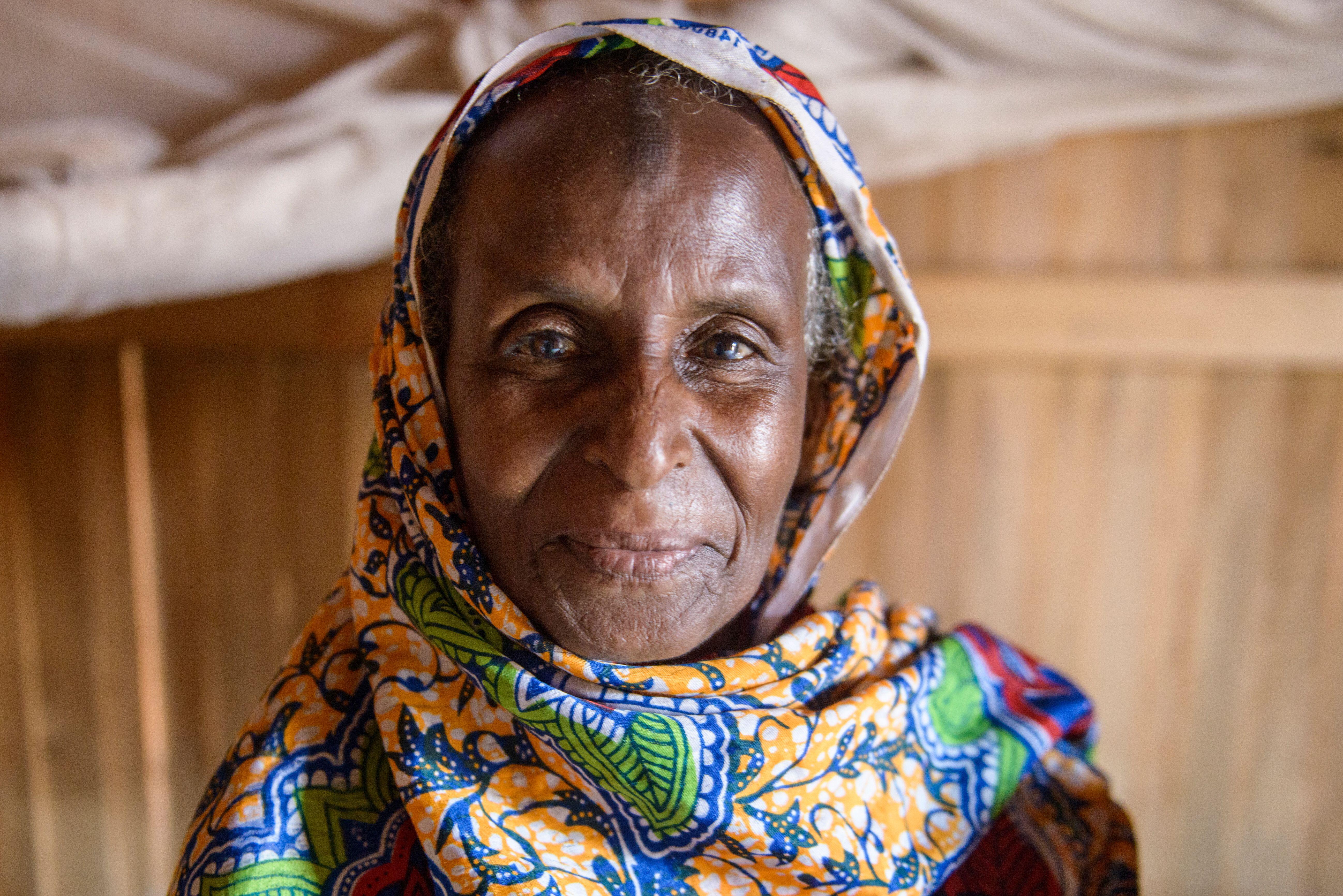Evaluating humanitarian projects in Cameroon: When local consultants try to redefine North-South asymmetries
DOI:
https://doi.org/10.21153/thl2023art1953Keywords:
evaluation, localisation, humanitarian project, COVID-19, security crisisAbstract
Since 2013, Cameroon has been a priority area for humanitarian action, and international expertise has long been used to evaluate and monitor humanitarian projects in this country. However, COVID-19 imposed restrictions on international mobility, causing access issues for outside experts, a process that had already begun prior to the pandemic. Indeed, COVID-19 merely exacerbated the immobility of international aid agencies that first started with the security crisis. So, while these agencies have long been reluctant to hand over the evaluation of humanitarian projects to local experts, the combination of security and health crisis has forced them to overcome this reluctance. Using the 'window of opportunity' model (Kingdon, 1984), this article shows how Cameroonian experts have benefited from the stagnation and immobility of international expertise in the country to take on the task of evaluating humanitarian projects. This repositioning in favour of local expertise has contributed to a redefinition of the power asymmetries between the Global North and South and of the relations of domination between national and international experts.
Downloads
References
Audet F. (2020). « La localisation de l’aide humanitaire : un chantier de recherche en pleine émergence », Canadian Journal of Development Studies, 2022, pp. 459-467
Audet F., Leroux M-P. et Savard M-C. (2020). « La localisation de l’aide au prisme de la Covid-19 : question de choix ou dernier recours ? », Alternatives Humanitaires, n° 15, pp. 68-78, https://www.alternatives-humanitaires.org/fr/2020/11/22/lalocalisation-de-laide-au-prisme-de-a-covid-19-question-de-choix-ou-dernier-recours/
Bazin M., Fry A. et Levasseur P. (2010). « L’aide humanitaire internationale non-gouvernementale : un monopole occidental », Revue Humanitaire, pp. 1-6, https://journals.openedition.org/humanitaire/696
Council of Europe. (4 September, 2020). Proposal for a Council recommendation on a coordinated approach to the restriction of free movement in response to the COVID-19 pandemic. https://ec.europa.eu/info/files/proposal-councilrecommendation-coordinated-approach-restriction-free-movement-response-covid-19-pandemic_en
Eboko Fred et Schlimmer Sina, « L’Afrique face à une crise mondiale », Politique Étrangère, n° 4, pp. 123- 134, https://doi.org/10.3917/pe.204.0123
Etounga M. D. (1985). Cent ans d’aliénation, Paris, Silex
Jigsaw Consult. (2021). PGII and HPP Final Evaluation. Plan International Ireland
Kingdon J. (1984). Agendas, Alternatives and Public Policies, Boston, Little Brown
La Rovere R., Smith S. et Felloni F. (2021). « Les évaluations en temps de Covid-19 : impact de la pandémie sur l’évaluation des performances du projet d’infrastructures côtières résilientes au climat au Bangladesh et enseignements tirés », eVALUation Matters, Volume 2, p. 18-29
Laporte C. (2009). L’évaluation, un objet politique : le cas d’étude de l’aide au développement. Science politique. Institut d’études politiques de Paris - Sciences Po, 2015
Leduc, S. (20 Février, 2013). Famille enlevée au Cameroun : qui sont les Moulin-Fournier ? France 24. https://www.france24.com/fr/20130220-famille-enlevee-cameroun-sont-moulin-fournier
Le Monde. (17 Mai, 2014). Dix ouvriers chinois enlevés au Cameroun par Boko Haram. Le Monde. https://www.lemonde.fr/afrique/article/2014/05/19/dix-ouvriers-chinois-enleves-au-cameroun_4421023_3212.html
Martin J. et Rivard G. (2020). « Les restrictions à la mobilité internationale dans un contexte de crise sanitaire mondiale », Regards de l’IEIM, https://www.ieim.uqam.ca/IMG/pdf/regards_de_l_ieim_covid-19_restrictions_mobilite_internationale.pdf
Mattei J-F. et Troit V. (2016). « La transition humanitaire », Revue Médecine/Science, vol. 3, n° 2, https://doi.org/10.1016/S0001-4079(19)30497-2
Matyjasik N. (2010). « Des évaluations de politiques et des consultants : émergence d’un champ professionnel et segmentation des rôles », Revue française d’administration publique, n°148, pp. 907-921
Mende T. (1972). De l’aide à la recolonisation, les leçons d’un échec, Paris, Le Seuil
Moyo Dambisa. (2009). L’Aide fatale : les ravages d’une aide inutile et de nouvelles solutions pour l’Afrique, Paris, Lattès.
Ndenga E. (2021). « La technologie de télédétection atténue les perturbations liées à la Covid-19 dans le suivi des projets de sécurité alimentaire », eVALUation Matters, Volume 2, pp.30-35, https://idev.afdb.org/fr/document/levaluation-en-tempsde-corona-sadapter-et-evaluer-une-nouvelle-realite
Ndoube A. M. et Onana P. F. (2021). « Pratiques de suivi et évaluation en contexte de crise sanitaire et sécuritaire : Contraintes, stratégies d’adaptation et opportunités. Expériences de terrain », eVALUation Matters, vol. 2, pp. 8-17, https://idev.afdb.org/fr/document/levaluation-en-temps-de-corona-sadapter-et-evaluer-une-nouvelle-realite
New York Times. (26 March 2020). Coronavirus Travel Restrictions, Across the Globe. New York Times. https://www.nytimes.com/article/coronavirus-travel-restrictions.html
Obrecht A. (2014). « Pour une « désinternationalisation » de l’action humanitaire : repenser la relation « mondial-local » », Observatoire des Questions Humanitaires, IRIS, Paris, p. 2, https://www.iris-france.org/wp-content/uploads/2015/01/FRObs-Huma-Obrecht-octobre-2014.pdf
Pérouse de Montclos M-A. (2011). « L’aide humanitaire dans les pays en développement : qui évalue qui ? », Mondes en Développement, vol. 1, n° 153, pp. 111-120, https://doi.org/10.3917/med.153.0111
Ravinet P. (2019). « Fenêtre d’opportunité », Dictionnaire des politiques publiques, pp. 265-272
Republique de Cameroon. (2018). Plan d’Assistance Humanitaire d’Urgence dans le Sud-Ouest et le Nord-Ouest. https://www.prc.cm/fr/multimedia/documents/6515-plan-d-assistance-humanitaire-d-urgence-nw-sw-20-06-2018/
Ridde V. (2021). « Chercheurs et acteurs humanitaires : passer de la méfiance à l’efficience », Alternatives Humanitaires, n° 17, pp. 1-9
Rot-Münstermann K. (dir) (2021). L’évaluation en temps de Corona : s’adapter à et évaluer une nouvelle réalité, eVALUAtion Matters, vol. 2, p. 68, https://idev.afdb.org/fr/document/levaluation-en-temps-de-corona-sadapter-et-evaluer-unenouvelle-realite
Samir A. (1973). Le développement inégal. Essai sur les formations sociales du capitalismes périphérique, Paris, Minuit , 367p.
Steve J. (2010). « L’évaluation des politiques publiques », in Stéphane. Paquin, Luc Bernier et Guy Lachapelle, L’analyse des politiques publiques, Paramètre, Les Presses de l’Université de Montréal, p. 285, pp. 279-308
Vielajus M. et Bonis-Charancle J-M. (2020). « Localisation de l’aide : situation actuelle du débat et possibles impacts de la crise de la Covid-19 », Alternatives Humanitaires, n° 14, pp. 150-161







